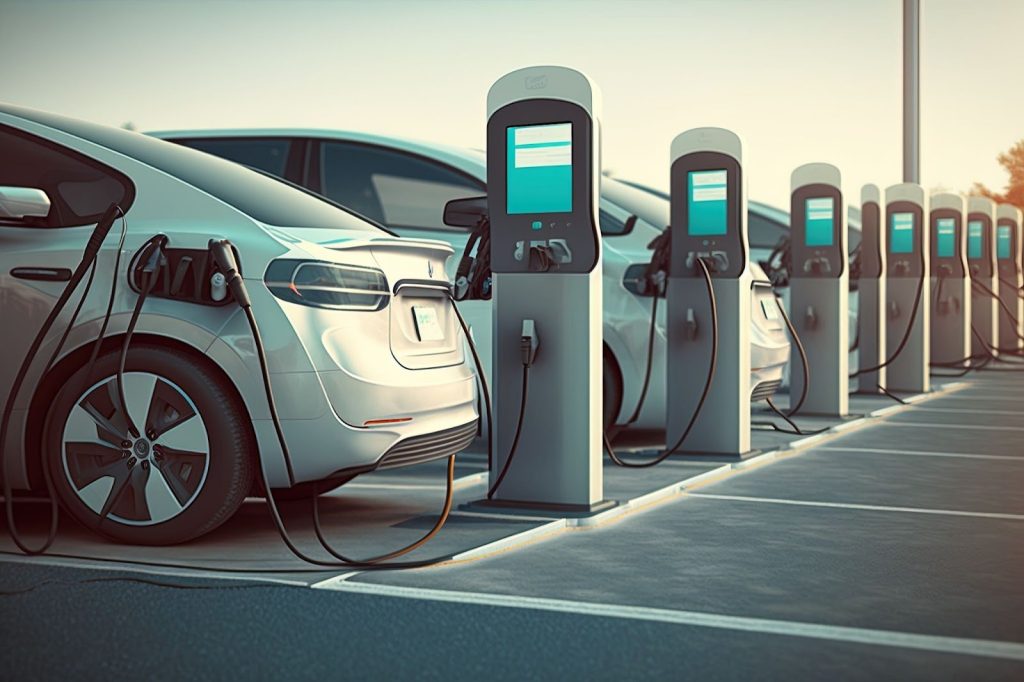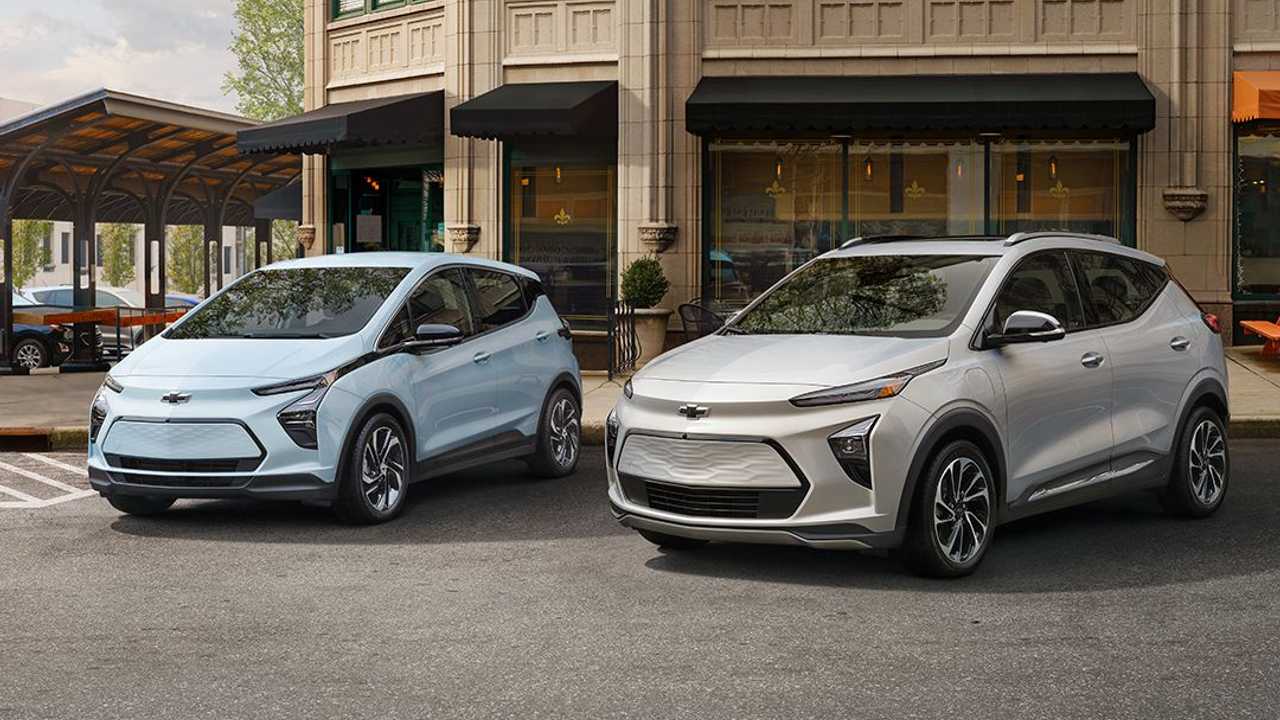2025 Nissan Leaf Tax Credit Guide: How to Claim Your EV Savings

The 2025 Nissan Leaf tax credit is an essential aspect for environmentally conscious buyers looking to invest in electric vehicles (EVs). As the world shifts towards sustainable transportation, understanding how to claim this tax credit can help you maximize your savings while contributing to a greener future.
Introduction to the 2025 Nissan Leaf Tax Credit
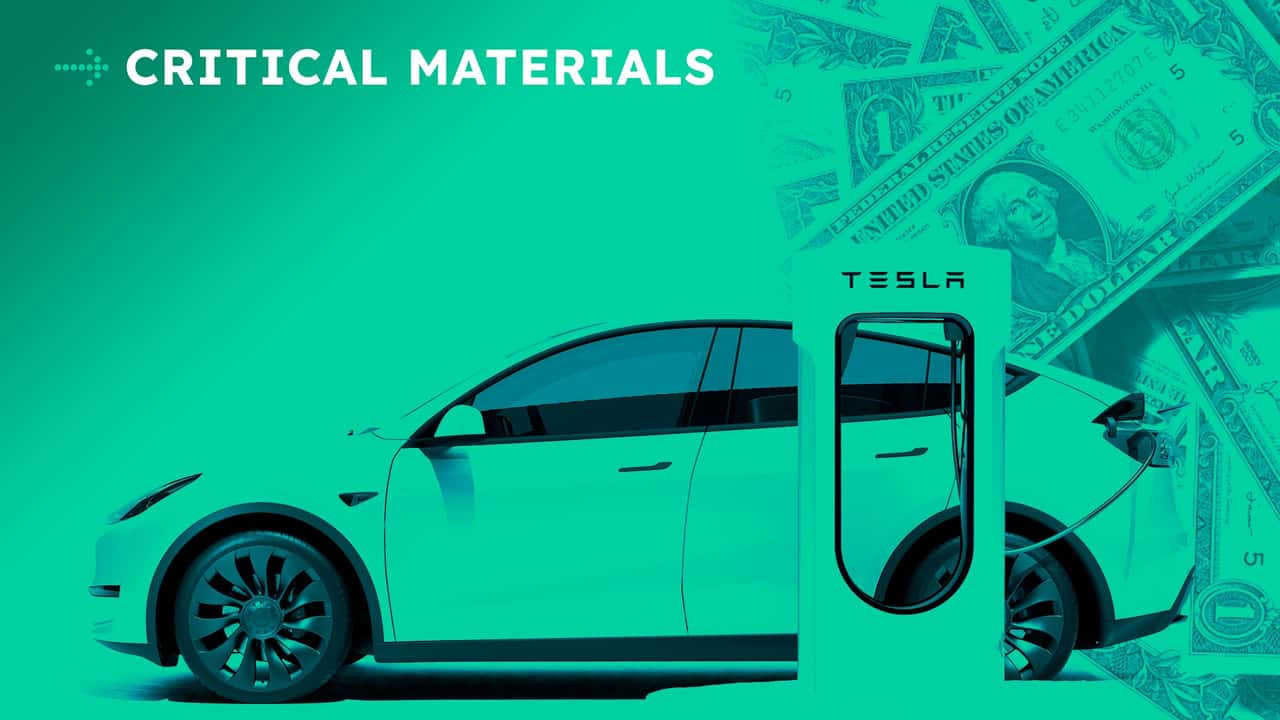
Understanding the federal EV tax credit is crucial for any prospective Nissan Leaf buyer. This incentive is designed to encourage more individuals to make the switch from traditional internal combustion engine vehicles to electric ones. Not only does it provide financial relief at tax time, but it also contributes to a wider adoption of clean energy solutions.
What is the federal EV tax credit?
The federal Electric Vehicle Tax Credit is a program established by the U.S. government to incentivize the purchase of electric vehicles. It provides a credit against the taxpayer’s federal income tax liability, effectively reducing the overall cost of purchasing an EV.
This program is part of broader efforts to combat climate change and reduce greenhouse gas emissions. The credit amount can vary depending on several factors, including the capacity of the vehicle’s battery and its manufacturer. For the 2025 model year, buyers may see significant changes that could affect how much they save.
Why the 2025 Nissan Leaf qualifies
The 2025 Nissan Leaf qualifies for this tax credit due to its battery capacity and compliance with federal regulations. As the automotive landscape evolves, manufacturers like Nissan adapt their models to meet these standards, ensuring that their vehicles remain eligible for incentives.
Additionally, the Leaf’s design focuses on sustainability, efficiency, and practicality, aligning perfectly with the government’s goals to promote cleaner transportation alternatives. Thus, the inclusion of the Nissan Leaf in the list of qualifying vehicles makes it a smart choice for eco-conscious consumers who are keen on taking advantage of available tax credits.
How Much Is the 2025 Nissan Leaf Tax Credit Worth?
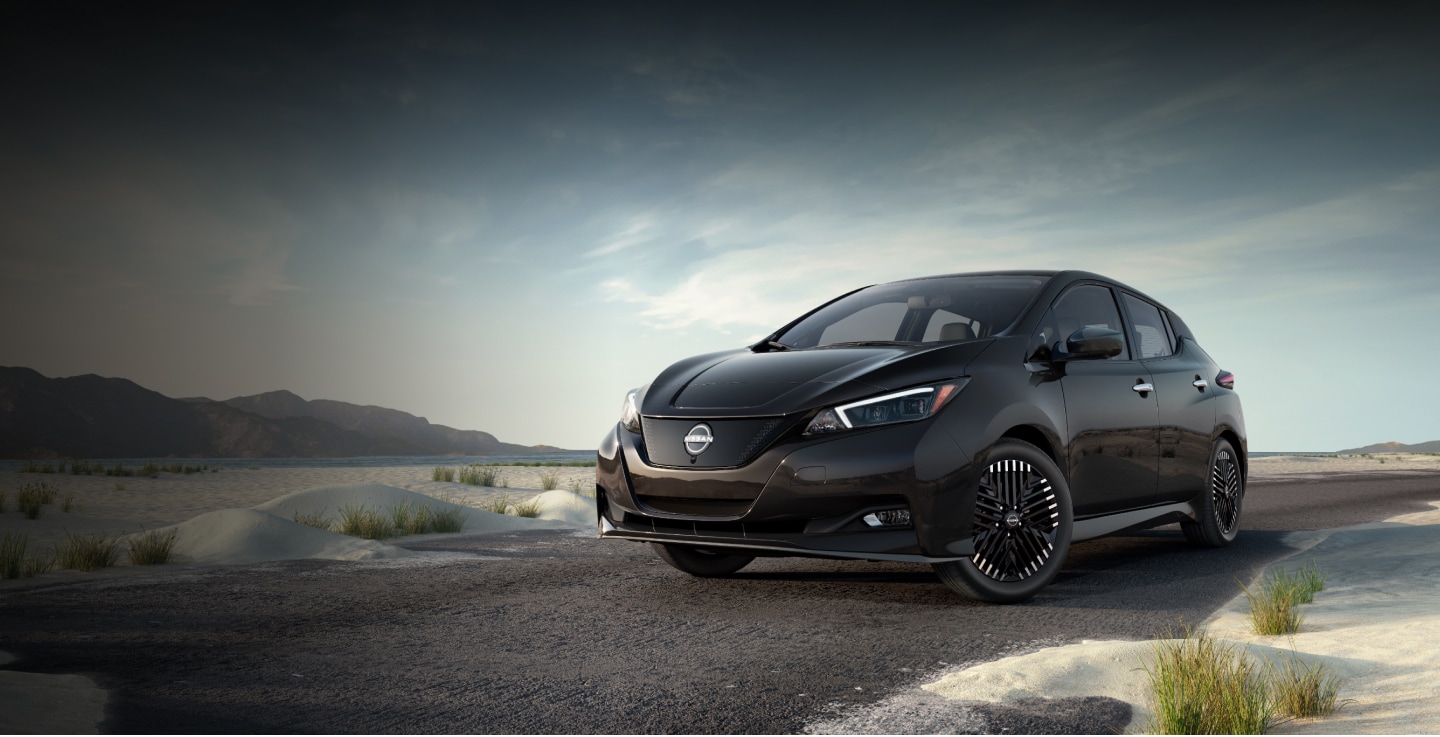
When considering the 2025 Nissan Leaf tax credit, it’s important to understand how much you could potentially save. The credit can significantly impact the overall purchase price, making the shift to electric vehicles even more appealing.
Breakdown of the potential savings
The total amount of the EV tax credit for the 2025 Nissan Leaf can reach up to $7,500, depending on the specific configuration of the vehicle and its battery size. The following breakdown illustrates how much you may save based on different scenarios:
- Base Model: The standard version of the Nissan Leaf typically qualifies for the full credit.
- Enhanced Versions: Features such as upgraded batteries or additional tech may still be eligible for the full credit, although some configurations might slightly reduce the credit amount.
- State-Level Adjustments: Some states offer additional rebates or credits for EV purchases, which can further enhance your savings.
Factors that affect the total credit amount
Several factors can influence the final amount you receive from the tax credit. These include:
- Battery Capacity: Vehicles equipped with higher-capacity batteries tend to qualify for larger credits.
- Manufacturer Sales Cap: Once a manufacturer sells a certain number of qualifying vehicles, the available tax credit begins to phase out.
- MSRP Limits: There are guidelines that restrict the MSRP of eligible vehicles; exceeding these limits can disqualify a vehicle from receiving the credit.
Understanding these factors is vital in determining how much you will benefit from the 2025 Nissan Leaf tax credit.
Changes in 2025 compared to previous years
As with most legislative measures, the EV tax credit has undergone changes over the years. In 2025, there are updates that buyers should be aware of:
- Income Limitations: Previous versions of the credit didn’t have strict income caps, but recent changes impose restrictions that may affect high earners.
- Increased Focus on Domestic Manufacturing: The new guidelines place more emphasis on vehicles produced in North America, which means the Nissan Leaf’s eligibility may be tied to its manufacturing location.
- Simplified Claim Process: Recent reforms aim to streamline the claiming process for taxpayers, making it easier to benefit from the credit.
By familiarizing yourself with these changes, you can better navigate the complexities of the 2025 Nissan Leaf tax credit.
Eligibility Requirements for Claiming the EV Tax Credit
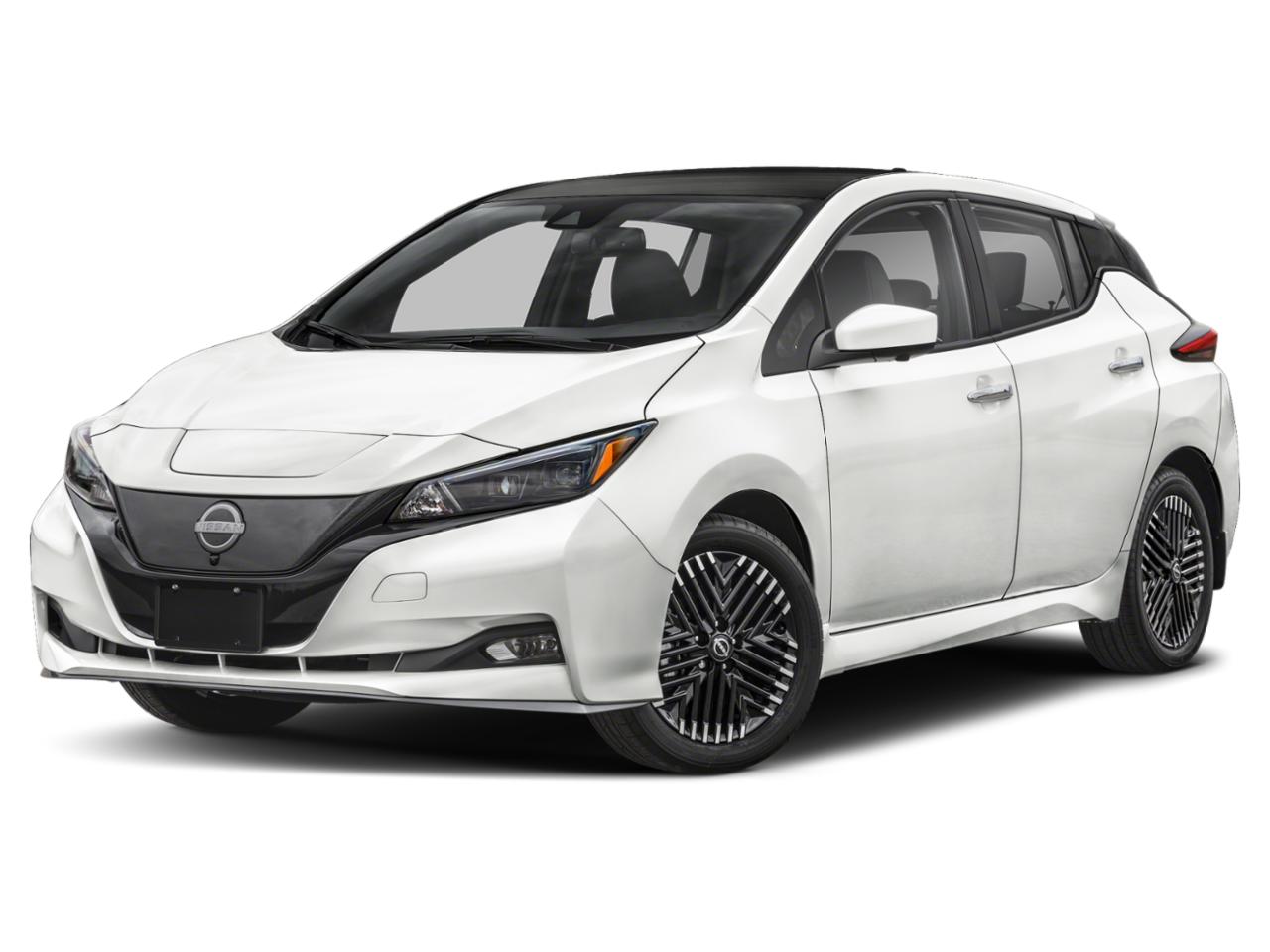
To successfully claim the 2025 Nissan Leaf tax credit, you must meet specific eligibility requirements. Understanding these criteria can help ensure that your tax benefits are secure.
Income limits and vehicle MSRP thresholds
For the 2025 tax year, there are income limitations that determine who qualifies for the credit. High-income earners may find themselves disqualified if they exceed certain thresholds. Additionally, the MSRP of the vehicle plays a critical role.
If the Nissan Leaf’s price exceeds the established cap, then the entire credit may not apply. Therefore, prospective buyers should carefully consider their financial situations and the pricing of the vehicle they intend to purchase.
Buyer eligibility: first-time vs. returning buyers
The EV tax credit is available to both first-time buyers and those who previously owned electric vehicles. However, the specifics can differ. First-time buyers usually have a straightforward process to follow, while returning buyers need to ensure they haven’t used up their credit limit on previous purchases.
It’s worth noting that the credit is typically non-refundable, meaning it cannot exceed your tax liability. If you owe less tax than the credit amount, you won’t receive the difference back.
Dealer and manufacturer qualifications
To be eligible for the credit, the dealer from whom you purchase must be recognized as a qualified dealer under IRS guidelines. This includes ensuring that the vehicle sold meets all necessary specifications.
Moreover, Nissan must comply with federal rules regarding battery production and vehicle sales to maintain the Leaf’s qualification status. Buyers should verify that their chosen dealer is well-informed about the latest tax credit details to avoid complications during the purchase.
How to Claim Your 2025 Nissan Leaf EV Tax Credit

Claiming the 2025 Nissan Leaf tax credit involves a series of steps that purchasers must follow to secure their financial savings. With proper preparation, the process can be straightforward.
Step-by-step guide for buyers
- Research Eligible Vehicles: Before purchasing, verify that the Nissan Leaf qualifies for the EV tax credit.
- Consult Tax Professionals: Speak with a tax advisor or accountant to maximize your understanding of the credit and its implications on your finances.
- Purchase the Vehicle: After securing financing or paying in cash, finalize your purchase of the Nissan Leaf from a qualified dealer.
- Gather Required Documentation: Keep a record of your purchase agreement, proof of payment, and any other relevant paperwork.
Required documents and IRS forms
To claim the tax credit, you’ll need the following documentation:
- Form 8834: This form is required for claiming the EV tax credit. It captures critical details about your vehicle and its eligibility.
- Purchase Agreement: This document should clearly outline the sale price, vehicle identification number (VIN), and the date of purchase.
- Proof of Payment: Receipts or bank statements indicating that you’ve paid for the vehicle in full.
Having these documents prepared in advance simplifies the filing process and ensures you don’t experience delays when claiming your credit.
Timing and deadlines to file
Timing is key when it comes to filing for the 2025 Nissan Leaf tax credit. Generally, you can claim the credit during the tax year following your vehicle purchase. For instance, if you buy your Leaf in 2025, you would claim the credit on your 2025 tax return, which would be filed in early 2026.
It’s essential to keep track of deadlines for filing your tax documents to ensure that you don’t miss out on the credit. Early planning can alleviate stress and help you stay organized.
State and Local Incentives for Nissan Leaf Owners

Beyond the federal 2025 Nissan Leaf tax credit, many states and local governments offer additional incentives that can enhance your savings.
Examples of top state-level rebates (e.g., California, New York)
Many states have established rebate programs for electric vehicle purchasers. Here are some notable examples:
- California: The Clean Vehicle Rebate Project (CVRP) offers rebates of up to $7,000 for eligible EV buyers, making it one of the most generous programs.
- New York: The Drive Clean Rebate allows buyers to receive a rebate of up to $2,000 when purchasing an eligible electric car.
- Texas: Offers a rebate of up to $2,500 for qualifying electric vehicles, which can further decrease the overall purchase price.
These incentives can vary dramatically by state, so it’s essential to research what’s available in your area.
Utility company incentives you shouldn’t miss
Don’t overlook potential rebates and incentives offered by utility companies. Many utility providers have unique programs encouraging EV adoption, such as:
- Lower electricity rates for EV charging: Programs that allow discounted rates during off-peak hours.
- Charging station rebates: Discounts or credits for installing home charging stations.
These utilities often partner with state governments to offer tailored programs specifically for EV owners, providing additional opportunities for savings.
Can you stack federal, state, and utility incentives?
Yes, in many cases, you can stack the federal tax credit with state incentives and utility rebates. However, it’s critical to confirm the eligibility requirements and restrictions associated with each program. Keeping abreast of current laws and guidelines will ensure that you maximize your savings when purchasing your 2025 Nissan Leaf.
Tips for Maximizing Your EV Tax Credit Savings
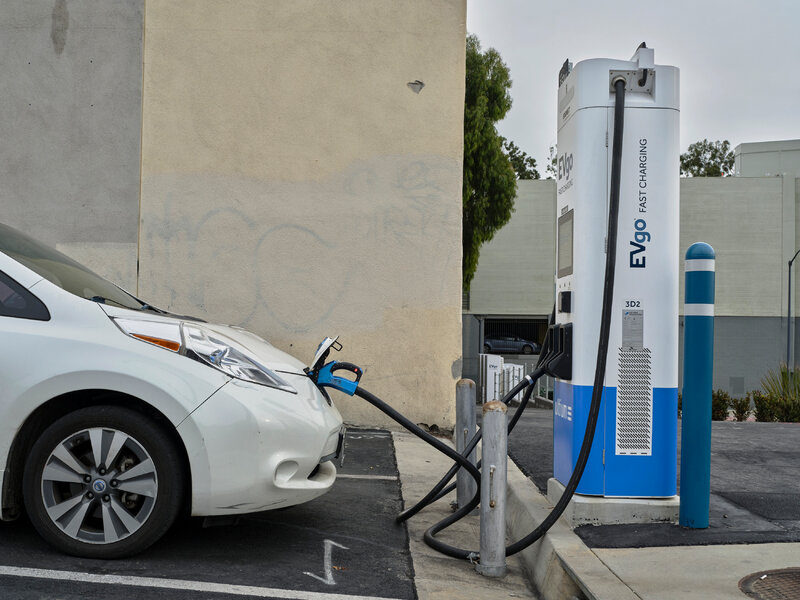
Purchasing a 2025 Nissan Leaf presents exciting opportunities for savings, but careful consideration can maximize your benefits. Here are valuable tips to help you optimize your EV tax credit advantages.
Leasing vs. buying a 2025 Nissan Leaf
Deciding whether to lease or buy your Nissan Leaf can impact your eligibility for the tax credit. When leasing, the credit typically goes to the leasing company rather than the individual lessee. However, a purchase allows you to directly benefit from the tax credit.
- Buying: If you plan to keep the vehicle for several years, purchasing is generally more advantageous as it allows you to claim the entire credit.
- Leasing: If you prefer short-term use, leasing could still be a good option, but it’s essential to check if the leasing company passes on any incentives.
Buying from qualified dealers
Ensure that you buy your Nissan Leaf from a dealer recognized as a qualified seller under IRS guidelines. This step helps safeguard your ability to claim the tax credit without complications.
Additionally, working with knowledgeable dealers can assist you in navigating the credits and incentives available at the time of purchase.
Choosing the right trim to stay under the MSRP cap
Selecting the right trim level of the Nissan Leaf can significantly affect your eligibility for the tax credit. Higher trim levels may push the MSRP above the threshold, resulting in a reduced or eliminated credit. To maximize your savings:
- Research the various trims available and their respective MSRPs.
- Choose a trim that meets your needs without exceeding the cap.
- Consult with your dealer for advice on configurations that balance features with tax credit eligibility.
Frequently Asked Questions (FAQs)

Navigating the intricacies of the 2025 Nissan Leaf tax credit may raise questions. Here are answers to some common inquiries that can help clarify any uncertainties.
Will the credit be applied at purchase or after?
The EV tax credit is not applied at the point of sale; rather, it is claimed when you file your taxes for the year in which you purchased the vehicle. Ensure you keep all necessary documentation handy for your tax preparer or software.
Do used Nissan Leafs qualify for EV tax credits?
Used Nissan Leafs generally do not qualify for the federal EV tax credit. However, some state programs may offer incentives for used electric vehicles. Be sure to check local regulations to see what options might be available.
Can businesses claim the tax credit for Nissan Leaf fleets?
Yes, businesses can claim the EV tax credit for qualifying electric vehicles used in their fleets. This credit can be a significant advantage for companies looking to transition to greener operations.
Video
Conclusion: Is the 2025 Nissan Leaf Worth It for EV Tax Benefits?
In summary, the 2025 Nissan Leaf tax credit presents exciting opportunities for consumers eager to invest in eco-friendly vehicles. From substantial savings through the federal tax credit to additional state and utility incentives, the financial benefits are compelling. By understanding eligibility requirements, preparing necessary documentation, and strategically selecting vehicle options, buyers can significantly enhance their savings while contributing to sustainable transportation. Investing in a Nissan Leaf is not only financially sound but also aligned with a vision for a cleaner, greener future.
You can read: Everything You Need to Know About Federal Tax Incentives For Electric Cars

